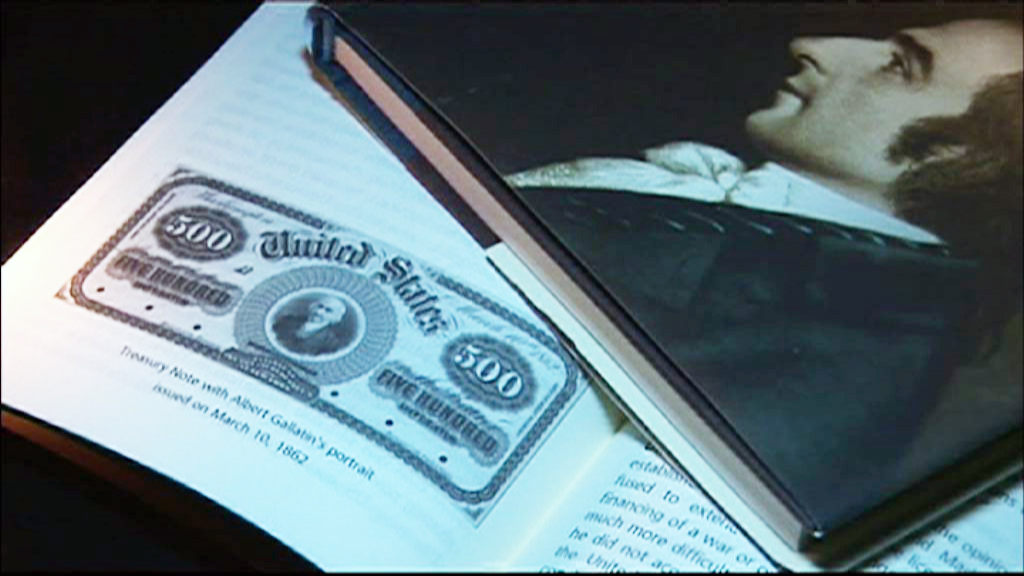Swiss keep close eye on Greek tragedy

While Switzerland has modest direct exposure to Greece, the prospect of a complete economic collapse of the troubled country is enough to worry some observers.
Greek Prime Minister George Papandreou received a vote of confidence for his government in the early hours of Wednesday, but faces a more crucial test next week when parliament decides whether to accept €28 billion (SFr34 billion) in austerity measures.
If this package of government spending cuts, tax increases and privatisation of state assets is rejected, the European Union has threatened to withhold payment of the latest tranche of its €110 (SFr133 billion) rescue package.
Greece would then struggle to remain solvent as it needs to find €12 billion by mid-July to clear short-term debts.
The direct consequences of such a meltdown would be limited for Switzerland. Greece is only the 26th largest export market for Swiss goods (SFr1.3 billion or $1.43 billion in 2010), while imports from the same country totaled a negligible SFr222 million last year.
Ripple effects
The Swiss financial marketplace also has limited direct exposure to Greek debt. Banks have reduced the debt they hold from Greece, Ireland, Spain, Portugal and Italy from SFr60 billion in 2009 to SFr46 billion last year – with only SFr2 billion of outstanding Greek claims.
Last year Switzerland decided to raise its commitment to the International Monetary Fund’s bail-out loan facility from SFr2.5 billion to SFr18 billion.
But the main worry for Switzerland – and any other country – would be the potential ripple effect a Greek bankruptcy would have on the European and global economy.
Alessandro Bee, an economist at Bank Sarasin, told swissinfo.ch that such economic turbulence would undoubtedly hurt Swiss exporters by strengthening the safe-haven franc even further.
“The major risk of Greece defaulting would be to inflate the franc to a point when exporters cannot remain competitive,” he said. “If the franc reaches parity with the euro the Swiss export sector could collapse.”
Other markets affected
A recent upswing in Swiss export sales has had much to do with the strengthening of the German economy – Switzerland’s largest trading partner. That would change if Germany’s massive contribution to the Greek bail-out were to come to nothing.
“It would hurt the Swiss economy if Greece dragged Germany down,” Bee told swissinfo.ch.
A third area for concern is the turmoil a bankrupt Greek state would have on the European banking system.
Greek savers withdrew €30 billion (SFr36 billion) from their banks last year and continue to do so at a monthly rate of €1.5 billion to €2 billion every month this year. The EU withdrawing its financial support would almost certainly trigger a bigger run on Greek banks.
The Swiss National Bank (SNB) said last week that it was concerned about the indirect exposure of Switzerland’s two big banks – UBS and Credit Suisse – to the ripple effects of a Greek default.
Central bank worried
While the SNB recognised that the two banks had begun boosting their capital buffers, it remains worried about the increase in risky investments they have started to take on.
“Credit and market risk, amplified by potential contagion effects from the sovereign debt crisis in the peripheral euro area, would constitute the most important source of risk,” the SNB’s financial stability report stated.
“The potential losses under this scenario would be substantial,” it added.
In other words, a Greek default spreading to other struggling countries would most likely downgrade credit in other areas. The SNB is worried that UBS and Credit Suisse currently lack enough high grade capital to absorb these losses in the worst case scenario.
Both banks have previously stated that their direct exposure to Greek debt is minimal and have pointed out the strides they have made to improve their balance sheets in recent months.
UBS added that a slight increase to the amount of risk weighted assets on its books could be attributed to the credit market picking up since the start of the year. The bank said it continues to evaluate many risk scenarios, including the prospect of a sovereign default.
Independence key
The SNB itself would also suffer if a Greek default sends the euro into a downward spiral.
The central bank has massively increased its euro holdings in the last two years in an effort to brake the strengthening of the franc. The SNB made a SFr26 billion ($31 billion) paper loss from its currency interventions last year – a figure that would rise if the euro weakens further.
The poor results have sparked political condemnation, forcing embattled SNB chairman Philipp Hildebrand to issue a defiant message on Tuesday.
“The SNB will continue to use the instruments we judge best suited and necessary for fulfilling our mandate in the interests of the country as a whole, to the best of our ability,” he said in a speech.
“The SNB must be able to continue exercising its independence without this being fundamentally questioned.”
The Greek economy has been wobbling since the financial crisis of 2008 that soon exposed the country’s shaky foundations.
Greece’s problems are widely seen to have been caused by poor governance and a grossly inefficient taxation system, complemented by false accounting that appeared to show the country’s finances in better shape than they really were.
Unable to pay off its debts, Greece reluctantly turned to other European Union member states for help.
In the Spring of 2010, the EU agreed on a €110 billion (SFr133 billion) rescue package to bail Greece out.
Later that year, the EU and the International Monetary Fund (IMF) put together a €750 billion (SFr908 billion) stability fund to help out struggling economies, that also include Ireland, Portugal, Spain and Italy.
Greek President George Papandreou was forced to agree to a €28 billion austerity programme in exchange for the bail-out. These included cut backs in state spending, tax increases and privatising state owned entities.
The Greek parliament will vote on the package next week. The EU will only release the latest tranche of the loan, that Greece needs to stay afloat next month, if the reforms are passed.
The reforms are also necessary to guarantee a further €120 billion loan agreed by EU finance minister on Sunday to keep Greece solvent until 2014.

In compliance with the JTI standards
More: SWI swissinfo.ch certified by the Journalism Trust Initiative














You can find an overview of ongoing debates with our journalists here . Please join us!
If you want to start a conversation about a topic raised in this article or want to report factual errors, email us at english@swissinfo.ch.